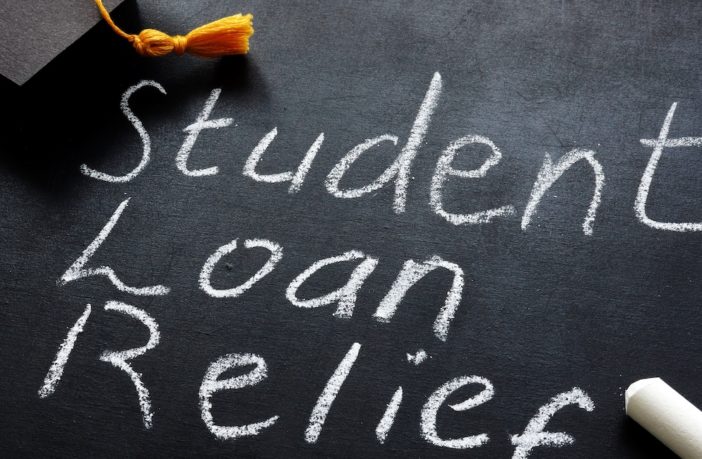The Supreme Court will hear arguments on President Joe Biden’s proposed student loan plan which seeks to reduce debt for millions of borrowers across the country, reports the Associated Press.
The court will preside over two arguments on the President’s student loan plan that has been blocked in lower courts by conservative judges. The proceedings can be heard on the court’s website.
Since the initial launch of the plan, “26 million people have applied and 16 million have been approved to have up to $20,000 in federal student loans forgiven.” The program has been estimated to cost $400 billion over 30 years.
When the Biden administration first rolled out the plan, it faced immediate backlash from Republican lawmakers and judges who argued that Biden abused his executive power because the plan was not authorized by Congress.
To establish the plan, the Biden Administration utilized the Higher Education Relief Opportunities for Students Act of 2003, also known as the HEROES Act, which allows the Secretary of Education to “waive or modify any statutory or regulatory provision” to protect borrowers affected by “a war or other military operation or national emergency.”
Michael T. Hilgers, the Nebraska Attorney General who is also representing several southern states in the case, argues that the Biden administration exceeded its authority by using the pandemic to make good on a campaign promise to enact student-loan debt legislation.
“Canceling hundreds of billions of dollars in student loans—through a decree that extends to nearly all borrowers—is a breathtaking assertion of power and a matter of great economic and political significance,” Hilgers argued in court.
Making an appearance at a Black History Month event on Monday, Biden believes that the Supreme Court will rule in his favor.
“I’m confident the legal authority to carry that plan is there,” Biden claimed.
Because of the legal fight over the program, Biden announced the extension of the moratorium on the repayment of student loans in November 2022.
Per the Department of Education, the extension sought to give the Supreme Court the necessary time to hear arguments from several lawsuits brought against the Biden Administration’s student loan debt initiative. The temporary pause on payments is scheduled to “lift either 60 days after the Supreme Court issues a decision on the program, or 60 days after June 30, depending on which date comes first.”
“It isn’t fair to ask tens of millions of borrowers eligible for relief to resume their student debt payments while the courts consider the lawsuits. For that reason, the Secretary of Education is extending the pause on student loan payments while we seek relief from the court,” Biden said at the time. Payments have been halted since 2020 due to the coronavirus pandemic.
In response to the student loan debt that disproportionately affects Black borrowers, the Black Lives Matter Global Network Foundation has established a relief fund targeted at Black college students, alumni, and dropouts who are saddled with student loan debt.
The foundation’s Student Solidarity Fund has earmarked $500,000 for the fund and plans to award over 500 recipients with payments from $750 to $4,500. Applicants with $75,000 or less in debt will receive $1,500. Applicants with debt between $75,001 and $150,000 will receive $3,000, and applicants with $150,001 or more in debt will receive $4,500.



